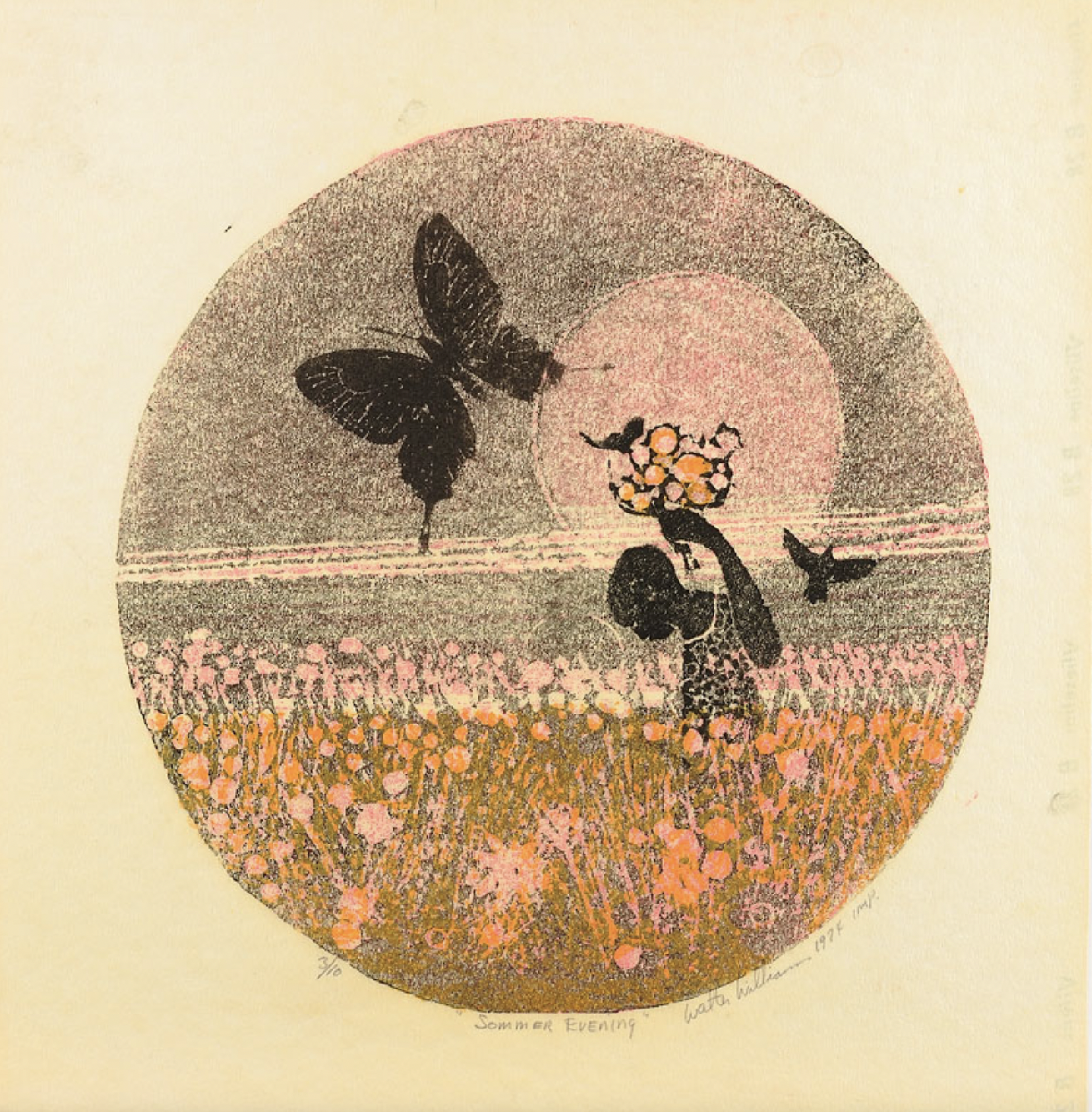Striving for a dying world: Reflections on Surah Mulk
Summer Evening by Walter Henry Williams
In Surah Mulk, Allah discourses beautifully on His perfect creativity. He created death and life, the heavens and all that adorns it. Look and look again, He says, at His mesmerizing and immeasurable creative power. Then, He says, He will make it all pass away without the slightest hesitation. And finally He will resurrect what He chooses. These verses are dizzying; Allah begins by demanding we reflect on creation, only to warn us a few verses later about its impending destruction.
One of the glaring conundrums of our lives is the inevitable passage of time. We are ever aware of how much time we have left in our day, our month, our year. And we are conscious of our biological age and our eventual death. The verses presented above, then, are not new; they simply put our lives in the wider context of the life of the world of which we are apart. Yet, for me at least, those verses are startling because they remind us (or inform us) that life is dazzling and full of intrigue, without sparing us the knowledge that it all must come to an end.
When Allah says in the second verse that He created death and life, He explicitly states that one of His reasons was to give us the opportunity to be our best selves. Therefore, not only does the fact of being alive inspire us, but also death. It would seem Allah designed us to have life and death together move us to our most aligned relationship with the world and Him. I think knowing how Allah designed our natures proves fundamental to navigate our lives. From experience, the knowledge alone does not prove immediately fruitful. As adults, we know the numerous things we strive to unlearn in order to return to our natures. However, knowledge of self, in this case revealed to us through the Qur’an, comes to us like a slow growing seed.
It seems that every day we are met with the “futility” of our actions. We make our beds in the morning and undo them in the evening. We fill the dishwasher at night only to dirty those dishes with food the very next day and return them to the dishwasher. We dress our children in freshly laundered clothes in the morning and they use those same clothes as napkins for their face a mere hour later. We do so many things that inevitably get undone. It pains me to say it, but this is the fact of life itself; we live as brightly and brilliantly as we can and then we die.
However, we shouldn’t disparage our lives. While Allah makes it clear in Surah Mulk that all of this will come to an end, He didn’t say that made it all worthless. It may be that in telling us He created “death and life,” He is shaking us out of this notion that death follows and thus devalues life. Allah describes how He created the heavens “perfectly,” “flawlessly,” and with “adornments.” He wants us to marvel and be in awe of it and Him. We are therefore tasked with and given the capabilities to observe life with wonder and be conscious of the end of it all. This may be our most daunting assignment on this earth, but perhaps it is also our greatest inheritance.
